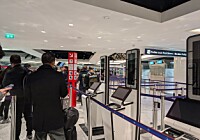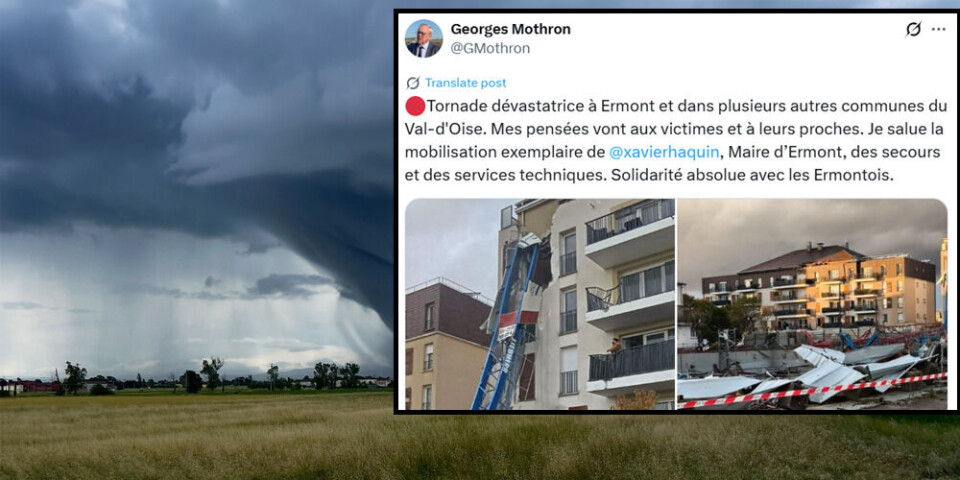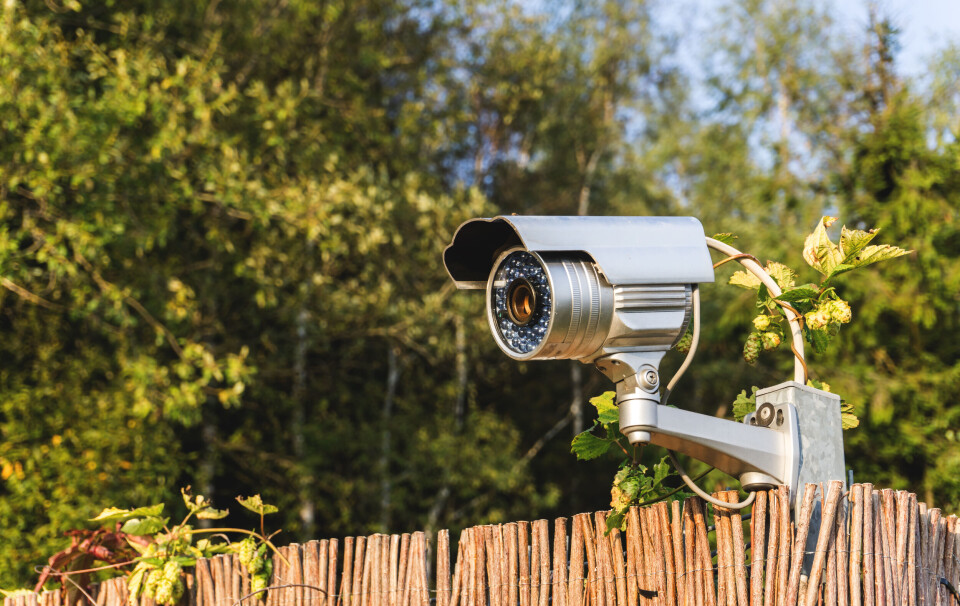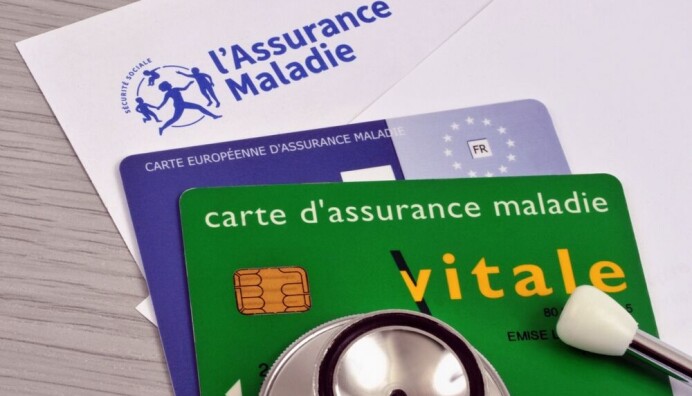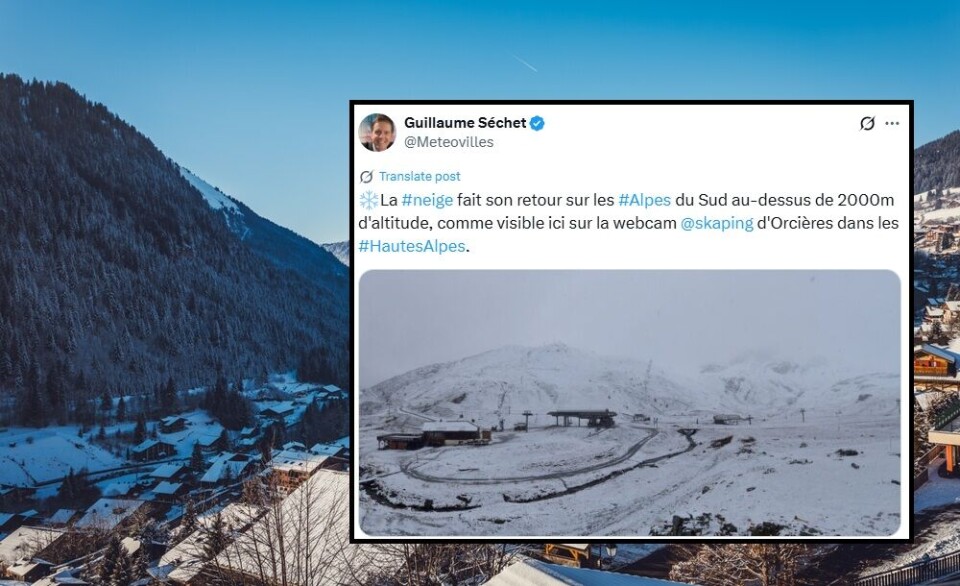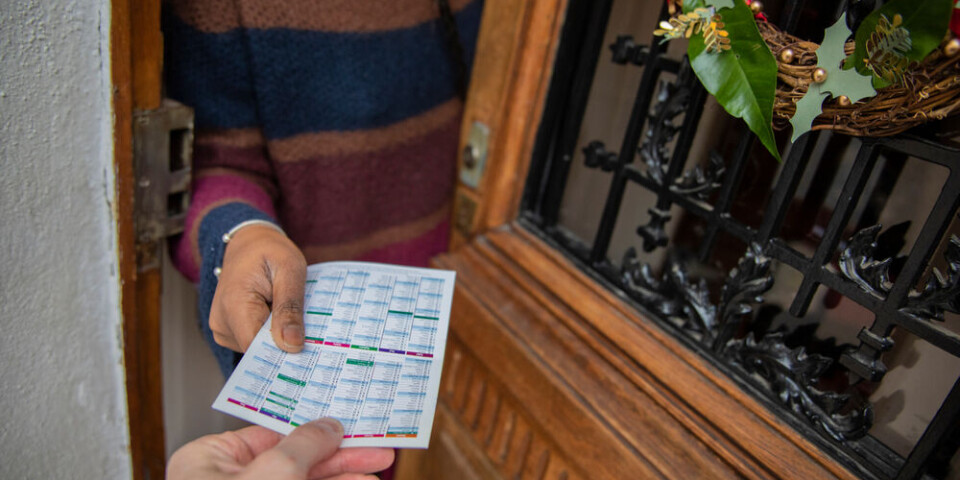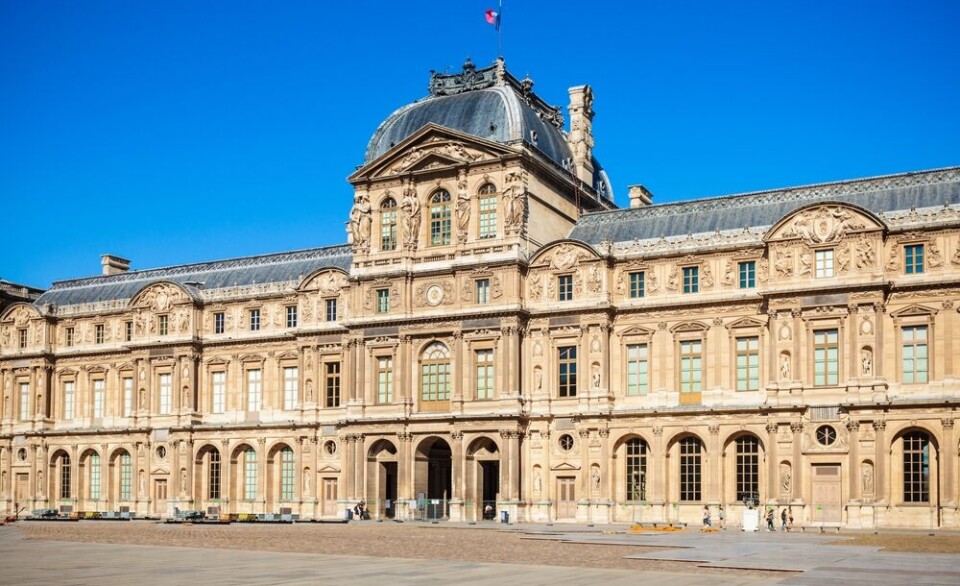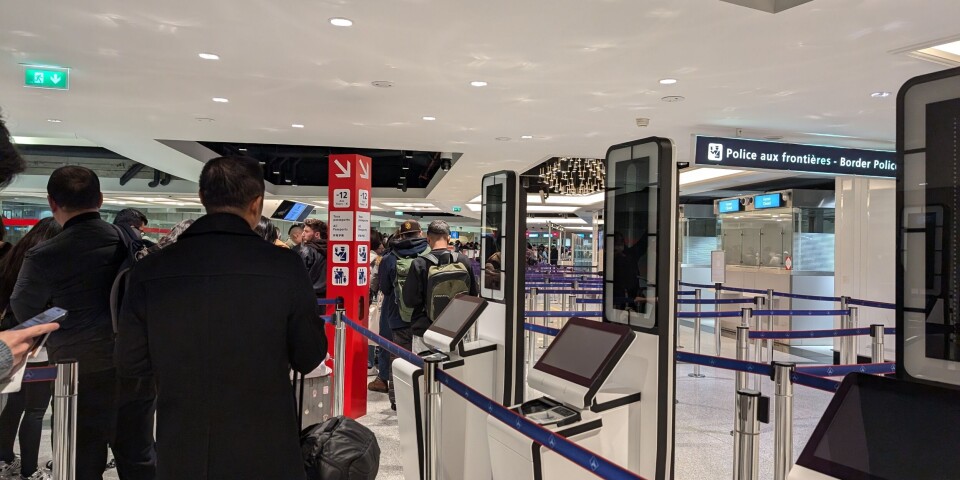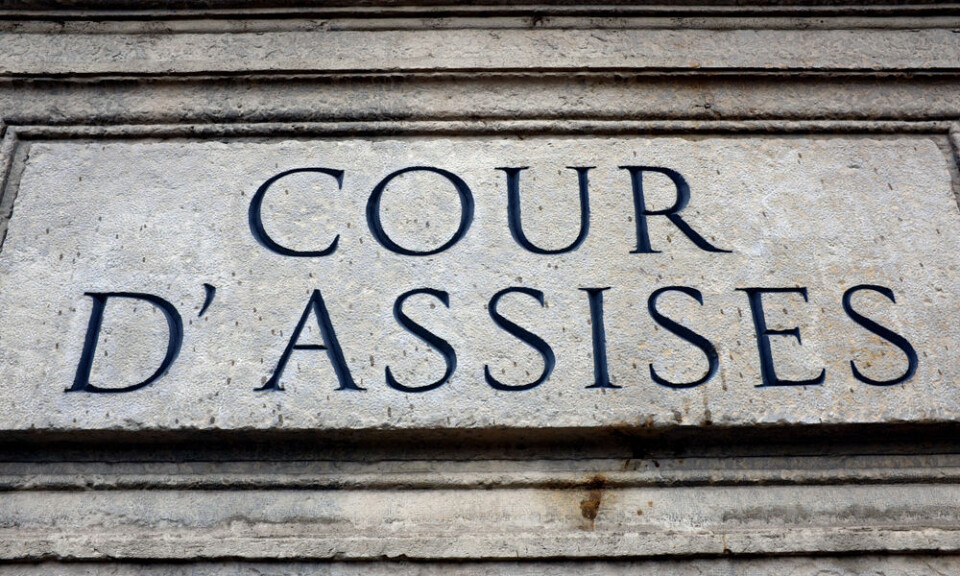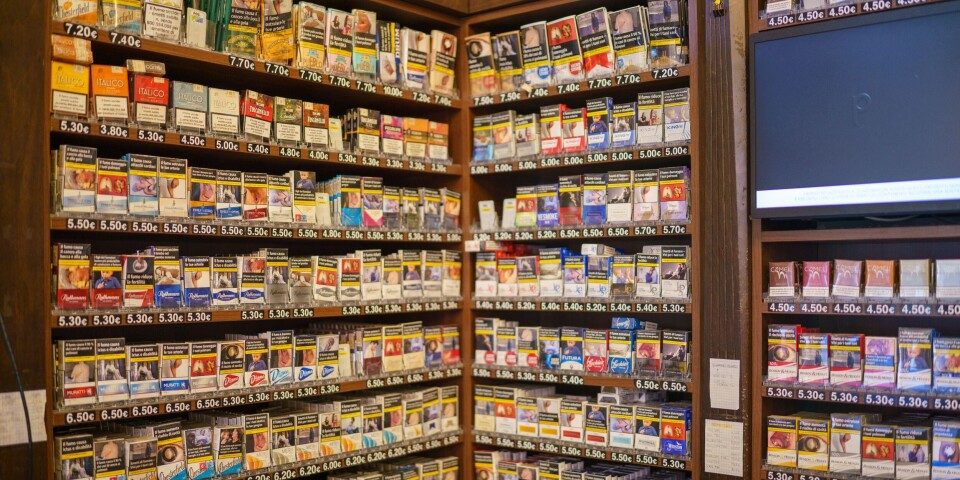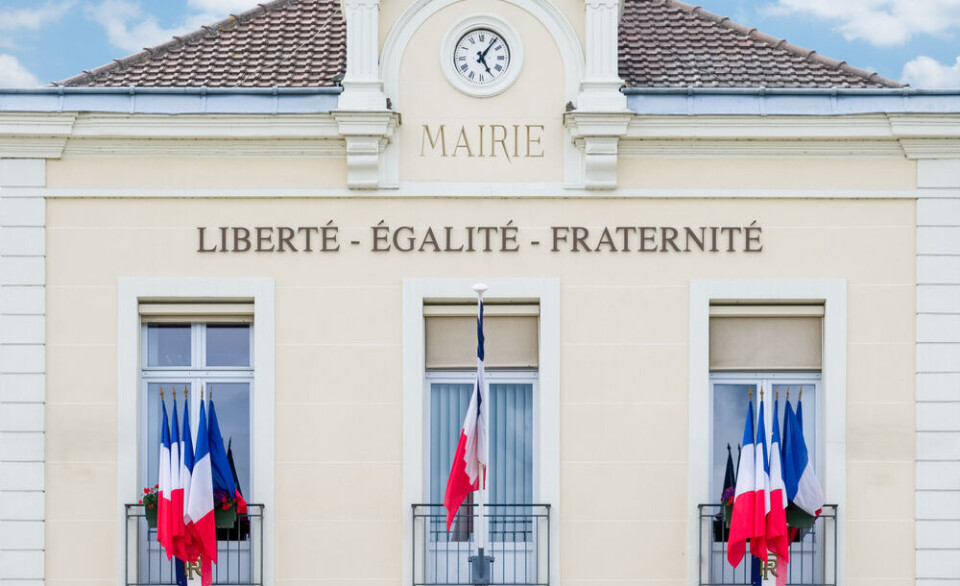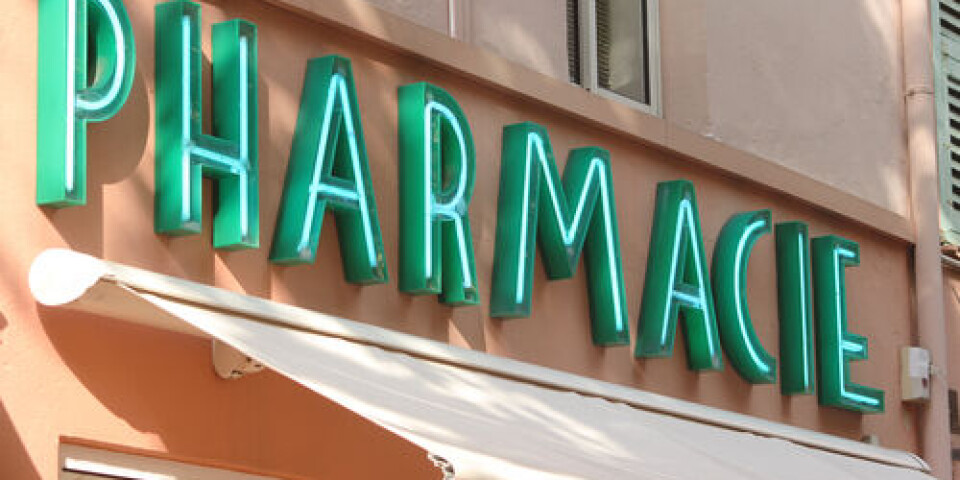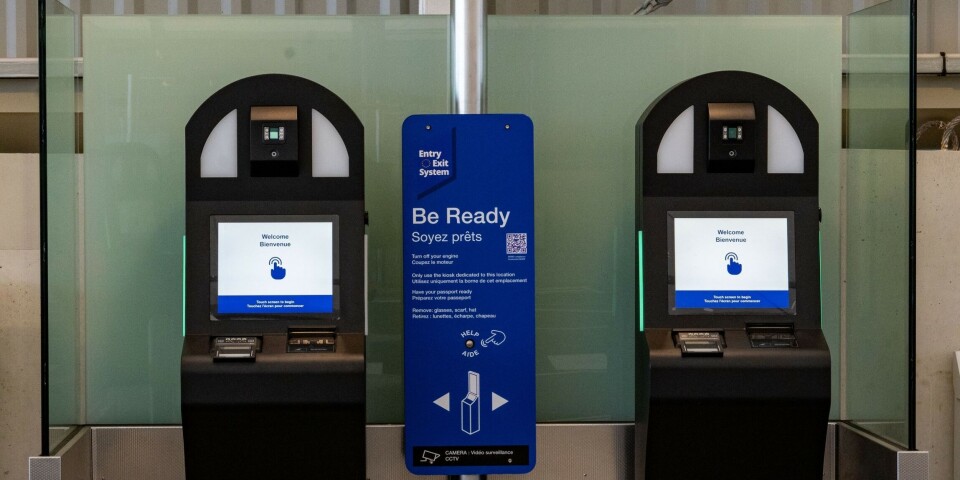SNCF to test a stand-up comedy show for TGV passengers tomorrow
The project comes as train ticket sales open for new Paris-Berlin direct daytime service
The new TGV Inoui Comedy Club will take place on a special SNCF service on October 17
Kaushikchakravorty / Markus Mainka / Shutterstock
French train company SNCF is to test a stand-up comedy show in the bar carriage of a TGV train.
The first show of the ‘TGV Inoui Comedy Club’ will take place tomorrow October 17, on a Paris-Lille train and will feature French standup comedian Baptiste Lecaplain.
For this first show, however, the audience will not be members of the public, but journalists and ‘influencers’ invited for the occasion. If the show is considered to be a success, the project is likely to continue and be offered on more services.
The idea of holding an event in the train bar carriage is not new; SNCF already holds regular workshops on its north-bound services, including talks on eco-friendly themes.
Read also: SNCF will increase number of seats on TGV Atlantique trains
Paris-Berlin direct service: A first
The comedy club plans come as SNCF has released tickets for its new Paris-Berlin service.
Tickets for the service, which was first announced in 2022, opened on October 16. They cost from €59 in 2nd class, and €69 in 1st class, for a departure on or after December 16 (the first service). Pricing will be dynamic, and change depending on demand.
Read also: Direct TGV Train Service from Paris to Berlin: Launching in December
The new partnership is operated by SNCF with its German counterpart, Deutsche Bahn (DB), using German high-speed trains, the ICE. The ICE 3 has 444 seats, including 111 in 1st class, and reaches speeds of 320kp/h.
The direct service will run from Paris-Gare de l'Est to Berlin, via Strasbourg, Karlsruhe, and Frankfurt South. It will cut journey times significantly, taking eight hours instead of more than nine at present with connections, and be the first direct daytime service between the two cities.
“The two capitals will be linked directly from city centre to city centre, at high speed, for the first time in the history of rail travel between the two countries,” said a press release from SNCF.
European development and eco-friendliness
Alain Krakovitch, director of TGV/Intercités, said: “This new link is further concrete proof of the Franco-German friendship and contributes to an objective shared by our two countries: to promote low-carbon mobility.”
Michael Peterson of DB, added that the link sends “out a strong signal for the development of Europe by rail”.
“The new ICE link will give new impetus to booming international long-distance traffic,” he said. “With our cooperation partners, we are continuing to focus fully on growth, to enable more and better international rail connections. This is the only way for Europe to achieve its climate targets.”
The rail operators have emphasised the eco-friendly nature of rail travel, stating that a journey from Paris to Berlin produces 2 kg of CO2 per passenger, compared with 200 kg for the same journey by plane.
Technically, the Berlin-Paris line is not the very first time that the capitals have been linked at all; there has been a night-time service operated by Austrian railways ÖBB, in conjunction with SNCF and Deutsche Bahn. However, this night train has not been running since August 12 due to repair work on the network.
The night-time service is set to resume on October 28, and DB has said that the new daytime service will not be affected by the repair work schedule.



